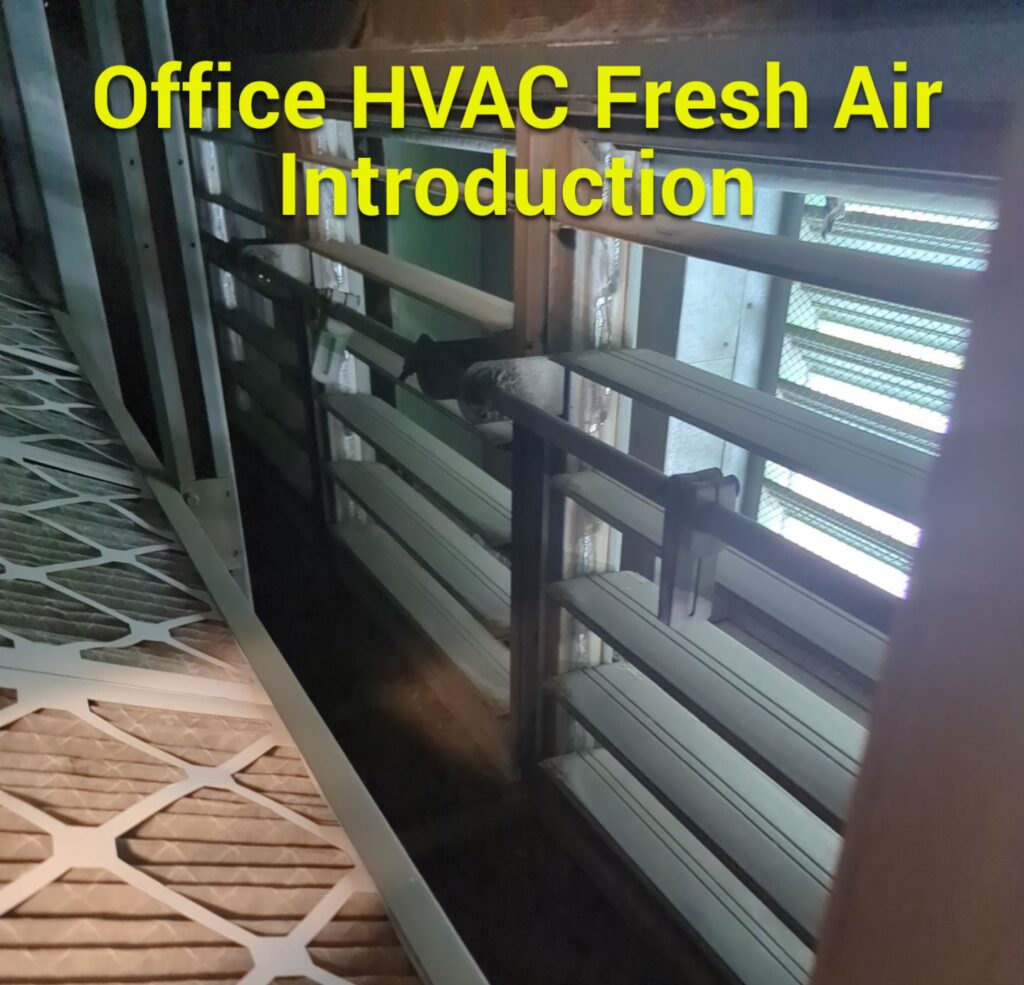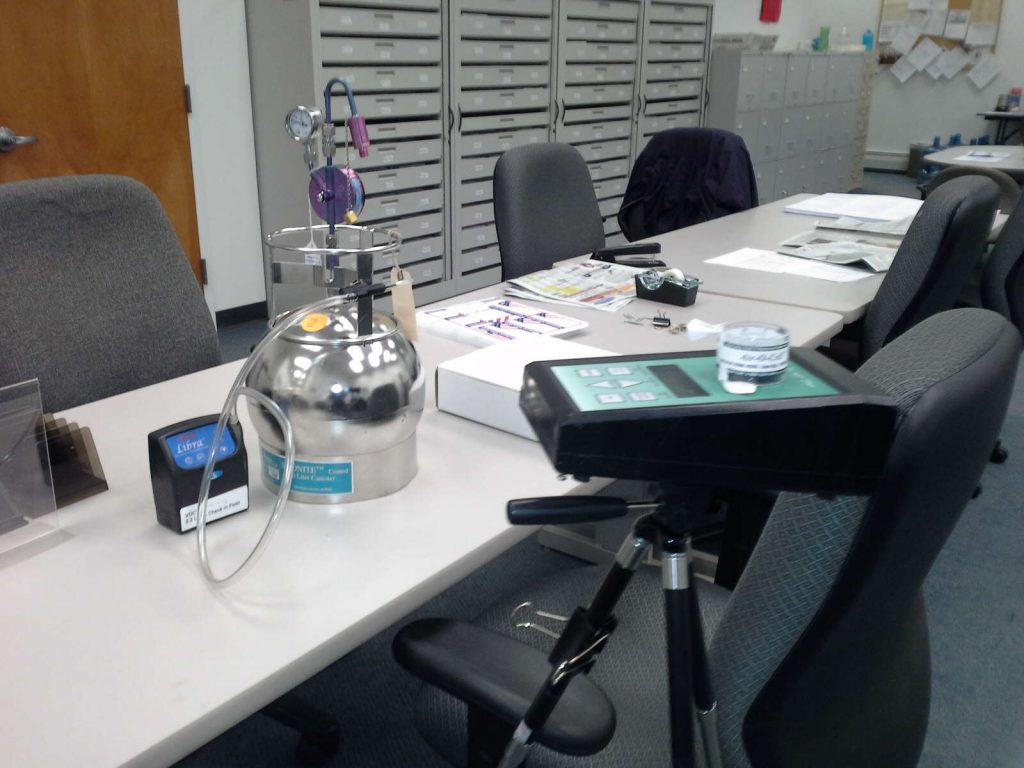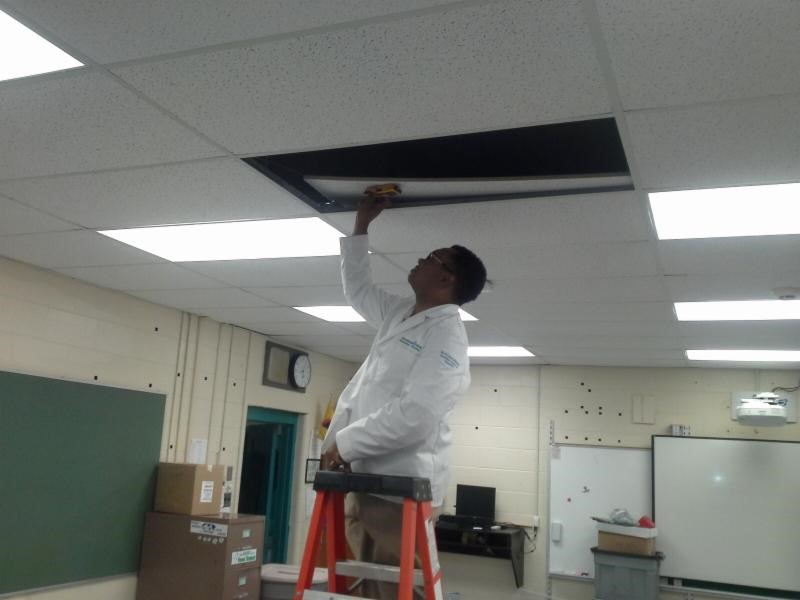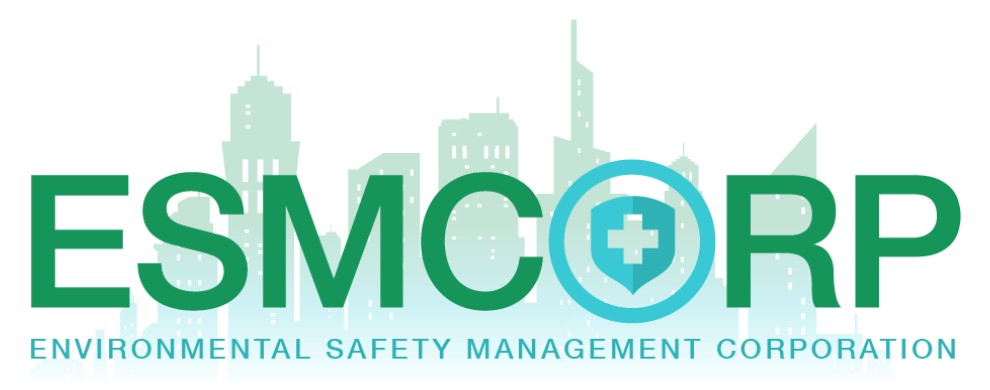IAQ and Mold Testing in Commercial Buildings, Offices and Schools
“Sick Building Syndrome” is a term for buildings with airborne contaminant levels resulting in generalized discomfort to occupants, reduced productivity, and employee dissatisfaction at work. Often, Building-Related Illness from air contaminants such as mold contamination or chemicals released into indoor air also occur. As Board-Certified Industrial Hygienist professionals, ESMCorp is NJ’s leader in Indoor Air Quality testing and mold testing services in Private Commercial spaces or for PEOSHA IAQ testing in Schools, County and State buildings. We help you ensure that VOCs, Formaldehyde, carbon monoxide, temperature, humidity, mold and dust levels are safe. Contact Dr. Lynch at 856-764-3557 today for:
- Routine Indoor Air Quality and Mold Testing for Fresh Air, VOC’s, Formaldehyde and Combustion Products
- Complaint-Based IAQ, Mold Testing and Airborne Chemical Exposure Sampling in Offices and Schools
- Mold Testing and Mold Remediation Verification Assessments
- Dust and Allergen air and surface sampling
- HVAC Assessments and Adjustment Recommendations
- PEOSHA Indoor Air Quality Monitoring in NJ Public Buildings and Schools
Common IAQ and Mold Problems and ESMCorp Test Parameters
Mold Testing – Many Individuals request testing for indoor air quality problems due to mold spores from elevated humidity or flood and water-damage-associated mold contamination. The staff at ESMCorp are highly qualified to determine whether airborne mold levels are within their normal ranges, or if HVAC adjustments or more intensive remediation is necessary.
Odor Investigations – Unusual odors may indicate the presence of air toxins or chemical hazards. The experts at ESMCorp are experienced at conducting odor investigations in offices, hospitals and homes.
Carbon Dioxide & Fresh Air Supply – Adequate introduction of clean outdoor air is essential for good air quality and reduction of risk from infection in buildings. Insufficient outdoor air increases air quality risks from other factors. When fresh air introduction is optimized, accumulations of other contaminants may be reduced. The experts at ESMCorp measure fresh air directly from HVAC systems or may use carbon dioxide to determine HVAC fresh air introduction performance.
Volatile Organic Compounds, Formaldehyde Carbon Monoxide & Chemical Contaminants – Volatile Organic Compounds are vapors sometimes released from cleaning supplies, hand sanitizers, building furnishings, or industrial and manufacturing processes. We utilize the latest technologies for measuring VOC’s, carbon monoxide and formaldehyde in real time using scientific instruments, or through air sampling with laboratory analysis.
Temperature and Humidity – A building’s indoor temperature and humidity impacts indoor air quality and occupancy comfort. Extremely dry conditions result in irritation. Excessive humidity can promote the growth of mold within air handlers and on surfaces. Thermostat settings in buildings can also impact humidity, thermal comfort, airborne mold levels, and in some cases, fresh air supply. ESMCorp considers these factors as part of our air quality assessment services.
Dusts and Allergens – There are many types of dusts and allergens including pollen, animal parts, plant parts, and inorganic materials. Some chemical compounds including metals, isocyanate, aldehyde may cause or exacerbate allergies.
OUTDOOR AIR QUALITY IMPACTS INDOOR AIR QUALITY
Outdoor air contamination from wildfires, nearby construction, smoke and high levels of airborne particles (PM2.5 and PM10) throughout the NJ/Mid-Atlantic Region have important impacts on Indoor Air Quality. ESMCorp Air Quality Experts are assisting our customers with needed HVAC and other adjustments to maintain safe Indoor Air and Continuity of Business. For the most current Air Quality Index for your zip code please click here.



Contact Us Today!
As Board Certified Industrial Hygienists, Certified Microbial Consultant, Certified Microbial Remediation Supervisor, and Certified Indoor Environmental Consultants the IAQ experts at ESMCorp are most qualified to assess your air quality or mold testing concerns. Please fill out the contact form, or call Dr. Lynch directly at (856) 764-3557, or email rlynch@esmcorp.com to discuss.
